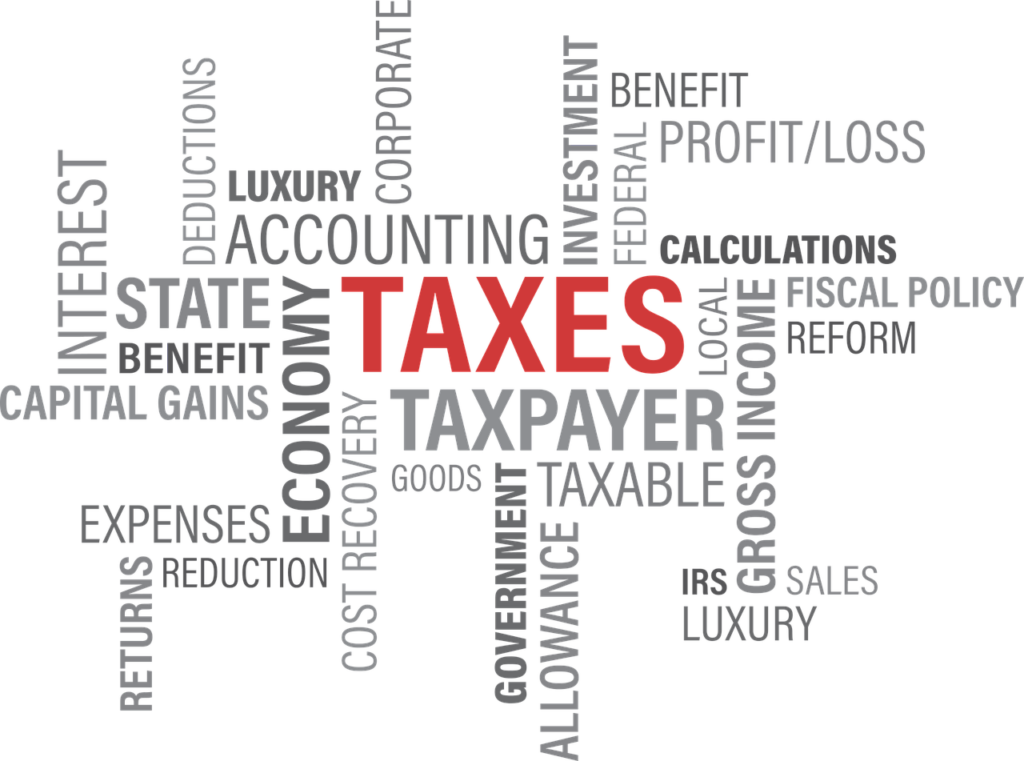When it comes to investing, it’s not just about making the right investment choices. It’s equally important to consider the impact of taxes on your investment returns. Tax-efficient investing is a strategy that aims to minimize tax liabilities and maximize after-tax returns. By employing various techniques and utilizing available tax-efficient investment vehicles, investors can potentially enhance their overall investment performance. In this article, we will explore some effective strategies to help you make tax-efficient investment decisions.

Understanding Tax-Efficient Investing
Tax-efficient investing involves making investment decisions with a focus on minimizing the impact of taxes. The objective is to maximize after-tax returns while staying within the legal boundaries of the tax system. By employing tax-efficient strategies, investors can potentially reduce their tax liabilities and retain more of their investment gains.
Utilizing Tax-Advantaged Accounts
One of the most effective ways to minimize tax liabilities is by utilizing tax-advantaged accounts such as Individual Retirement Accounts (IRAs), 401(k)s, and 529 plans. Depending on the type of account, these offers provide tax advantages like tax-deferred growth or tax-free withdrawals. By contributing to these accounts, investors can take advantage of the tax benefits and potentially reduce their overall tax burden.
Asset Location and Allocation
Asset location refers to the strategic placement of different types of investments in various types of accounts. By considering the tax implications of different investment types, investors can optimize their asset location to minimize taxes. For example, investments with higher tax burdens, such as taxable bonds, can be held in tax-advantaged accounts, while investments with lower tax burdens, such as stocks, can be held in taxable accounts.
Tax-Loss Harvesting
Tax-loss harvesting involves selling investments that have experienced a loss to offset capital gains and reduce taxable income. By strategically harvesting losses, investors can reduce their tax liabilities while maintaining a well-diversified portfolio. It’s important to be aware of the wash-sale rule, which prohibits buying back a substantially identical investment within 30 days to claim the loss for tax purposes.
Consideration of Dividend Yield
Investors should also consider the dividend yield of their investments. Dividends are taxable income, and higher dividend yields can result in higher tax liabilities. By focusing on investments with lower dividend yields or investing in tax-efficient dividend-paying funds, investors can minimize their tax obligations.
Capital Gains Management
Managing capital gains is another crucial aspect of tax-efficient investing. By strategically timing the realization of capital gains, investors can control the tax impact. For example, deferring the sale of investments with substantial capital gains until they qualify for long-term capital gains rates can significantly reduce the tax burden.
Donating Appreciated Securities
Donating appreciated securities to charitable organizations can be a tax-efficient strategy. By donating investments that have experienced significant appreciation, investors can avoid capital gains taxes while supporting a cause they care about. It’s important to consult with a tax professional and ensure that the organization is eligible to receive tax-deductible donations.
Long-Term Investing
Taking a long-term investment approach can be beneficial from a tax perspective. Investments held for more than one year qualify for long-term capital gains rates, which are typically lower than short-term capital gains rates. By maintaining a long-term investment horizon, investors can potentially reduce their tax liabilities and benefit from preferential tax treatment.

Utilizing Index Funds and ETFs
Index funds and exchange-traded funds (ETFs) are known for their tax efficiency. These investment vehicles aim to replicate the performance of a specific market index, resulting in fewer taxable events compared to actively managed funds. By investing in index funds and ETFs, investors can potentially minimize their tax liabilities.
Minimizing Trading Activity
Frequent buying and selling of investments can generate higher tax liabilities due to short-term capital gains taxes. Minimizing trading activity and adopting a more passive investment approach can help reduce taxable events and lower the associated tax burden. It’s important to strike a balance between actively managing investments and minimizing excessive trading for tax efficiency.
Estate Planning Considerations
Estate planning is essential for protecting assets and reducing estate taxes. By implementing appropriate estate planning strategies such as gifting, establishing trusts, and utilizing estate tax exemptions, investors can pass on their wealth to future generations while minimizing tax liabilities. Consulting with an estate planning attorney or a tax professional is recommended to ensure compliance with applicable laws and regulations.
Working with a Tax Professional
Navigating the complexities of tax-efficient investing can be challenging. Working with a qualified tax professional or financial advisor who specializes in tax planning can provide valuable guidance and help develop a personalized tax-efficient investment strategy. They can assist in optimizing your investment portfolio to minimize tax liabilities and maximize after-tax returns.
Common Mistakes to Avoid
- Failing to consider tax implications before making investment decisions.
- Overlooking tax-advantaged accounts and not taking full advantage of their benefits.
- Neglecting asset location and allocation strategies for tax efficiency.
- Not engaging in tax-loss harvesting to offset capital gains.
- Disregarding the impact of dividend yield on tax liabilities.
Summary and Conclusion
Tax-efficient investing is a strategy that aims to minimize tax liabilities and maximize after-tax returns. By employing various techniques such as utilizing tax-advantaged accounts, optimizing asset location and allocation, tax-loss harvesting, and considering dividend yield and capital gains management, investors can potentially enhance their investment performance while reducing their tax burdens. Additionally, factors such as long-term investing, utilizing index funds and ETFs, minimizing trading activity, and estate planning considerations can contribute to overall tax efficiency. Consulting with a tax professional or financial advisor can provide personalized guidance tailored to individual circumstances.
Frequently Asked Questions
- How can tax-efficient investing benefit me? Tax-efficient investing can help minimize tax liabilities and potentially enhance after-tax investment returns.
- What are some tax-advantaged accounts I can utilize? Examples of tax-advantaged accounts include IRAs, 401(k)s, and 529 plans.
- What is tax-loss harvesting, and how does it work? Tax-loss harvesting involves selling investments that have experienced a loss to offset capital gains and reduce taxable income.
- Are there any specific investment types that offer tax advantages? Investments such as index funds and ETFs are known for their tax efficiency.
- How can estate planning contribute to tax-efficient investing? Proper estate planning strategies can help minimize estate taxes and preserve wealth for future generations.








